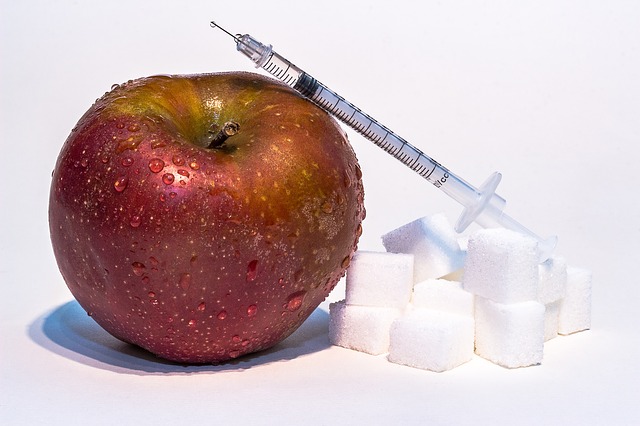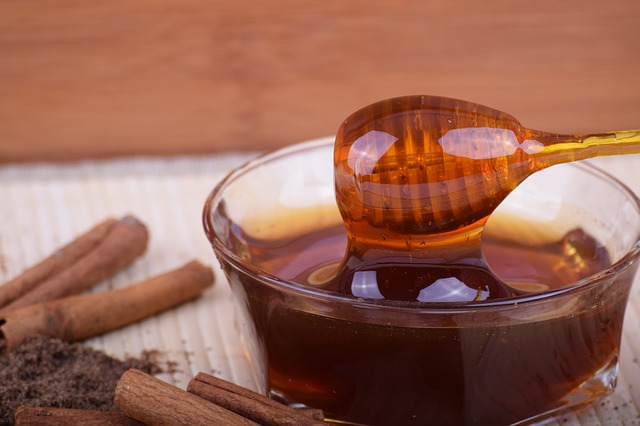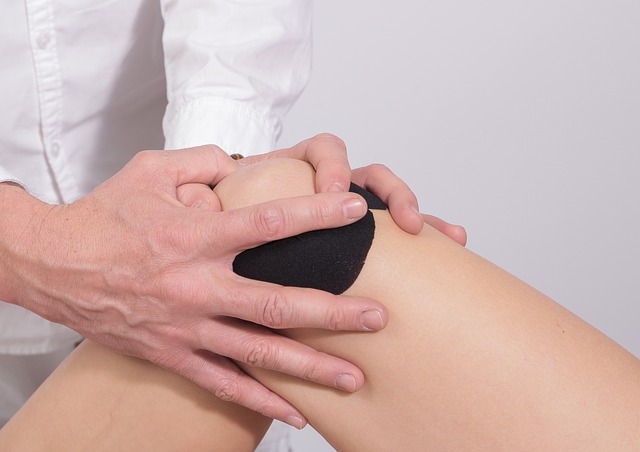Cinnamon is one spice that not only tastes good but also comes with a number of health benefits. The therapeutic properties of Cinnamon have also been widely accepted in Ayurveda- the ancient Indian medicinal system. You can safely consume one teaspoon of cinnamon daily to stay away from
lifestyle diseases.
#1 Lowers Blood sugar levels

Cinnamon is helpful for diabetes patients by regulating the sugar level. Studies reveal that the spice reduces blood sugar level by at least 10% when added to the everyday diet.
This happens because of Chromium and polyphenols – the two compounds in Cinnamon, aids in insulin functioning, promoting elevated glucose absorption from the bloodstream. The wonder spice, additionally, slows the breakdown of carbohydrates after digestion which is a reason for the rapid release of glucose in the blood.
#2 Benefits in elevated Cholesterol levels

Cinnamon lowers bad cholesterol ‘LDL’ by at least 18%. In fact, it increases “good” HDL cholesterol levels in the body reducing the risk of heart disease.
#3 Best natural oxidant to prevent cell damage

The oxidative damage to body cells can bring aging and disease. Antioxidants prevent our body from this damage.
Fortunately, we have cinnamon as a natural anti-oxidant supplement in our diet. A study of 26 spices reveals cinnamon having the highest antioxidant level which is more than garlic, black pepper, ginger, turmeric, and oregano.
#4 Cinnamon prevents UTI infections

urinary tract infection (UTI) is an infection in the urinary system. It can affect bladder (cystitis), urethra (urethritis) or kidneys (kidney infection). Medical scientists think CInnamon as the most effective natural means to kill E.coli bacteria responsible for UTI infections worldwide.
So if you want UTI treatment without antibiotics it is better to include the cinnamon in an adequate amount to your diet. Cinnamon, In addition to this, also restricts the growth of salmonella which causes food poisoning and campylobacter which causes diarrhea, fever, and abdominal cramps.
#5 Cinnamon aids in Digestion

Cinnamon has antifungal properties which regulate many digestive disorders. It displays antimicrobial activity against candida yeast. The overgrowth of this yeast can be very dangerous and cause auto-immune disorders. The wonder spice boosts immunity to fight with cold and flu as well.
#6 Cinnamon paste soothes headaches

When a headache strikes due to a migraine we look for ways to get relief from pain without antibiotics. In such a scenario, Cinnamon which is also an important Ayurvedic medicine comes to our rescue. The application of cinnamon paste for headaches brings an instant relief by relaxing the muscles.
#7 Cinnamon-Honey for Sinusitis

Cinnamon is also beneficial in respiratory diseases. In fact, its combination with honey is advocated for best results. Mix one tablespoon honey with 1/4 teaspoon cinnamon for three days to get positive effects in the sinusitis.
#8 Cinnamon and Weightloss

Cinnamon helps in weight loss too! a recent study reveals that the spice can help you get thinner by increasing body metabolism.
American Heart Association’s Arteriosclerosis, Thrombosis, and Vascular Biology Scientific Sessions were presented with these new findings recently. It is suspected to activate the antioxidant and anti-inflammatory systems of the body also reducing the fat-storing process.
#9 Benefits in Rheumatoid Arthritis

The chronic inflammatory disease of the joints – ‘Rheumatoid Arthritis’ has been a cause of pain and a riddle for the medical scientists. So sprinkling a few amounts of Cinnamon in your morning tea or coffee may help you feel better in arthritis conditions.
A study by Journal of American College of Nutrition reveals Cinnamon in the diet restricts inflammation of the joints which is typical of Rheumatoid Arthritis disorder.
Side Effects of excess Cinnamon intake
Although in a small to moderate amounts the consumption of cinnamon is considered harmless. An excess intake of cinnamon, however, can cause health issues. If you take cinnamon in an excess amount it increases coumarin which is harmful to the liver.
The presence of cinnamaldehyde in cinnamon oil and cinnamon-flavored chewing gums can cause mouth sores when taken in too much amount. The same chemical in the spice can also aggravate breathing issues on inhalation.
If you are using cinnamon for diabetic medication closely watch for blood sugar level falling below normal level with symptoms like tiredness, dizziness, and fainting.
Medicine Interactions
The patients of diabetes, heart disease or liver disease should carefully consume cinnamon as the spice interacts with these medicines.
Cinnamon Tea
Add few sticks of Cinnamon sticks to a pot with boiling water. Let the sticks of cinnamon soak in boiling water for a few minutes. Add your regular tea leaf to the pot. Strain the tea with cinnamon to catch those loose tea leaves. An there you go! Your Cinnamon tea is ready with so many herbal benefits.
Cinnamon Allergy
Some people also have allergic reactions when they come in contact with cinnamon.
The serious form of Cinnamon allergy can cause anaphylaxis with symptoms like skin rash, nausea, vomiting, difficulty breathing and shock. In such a case, you should immediately see a doctor. The allergy can also cause a burning or itching in the mouth which can improve upon discontinuing the intake of cinnamon.
To diagnose cinnamon allergy your doctor may prescribe scratch test which checks for immediate allergic reactions to as many as 40 different substances at once. The knowledge of your being allergic to Cinnamon can help you prepare in advance for adverse scenarios.

Lifebing is driven by an unrelenting passion for promoting health and well-being, our team is wholly committed to curating exceptional content and immersive experiences.
